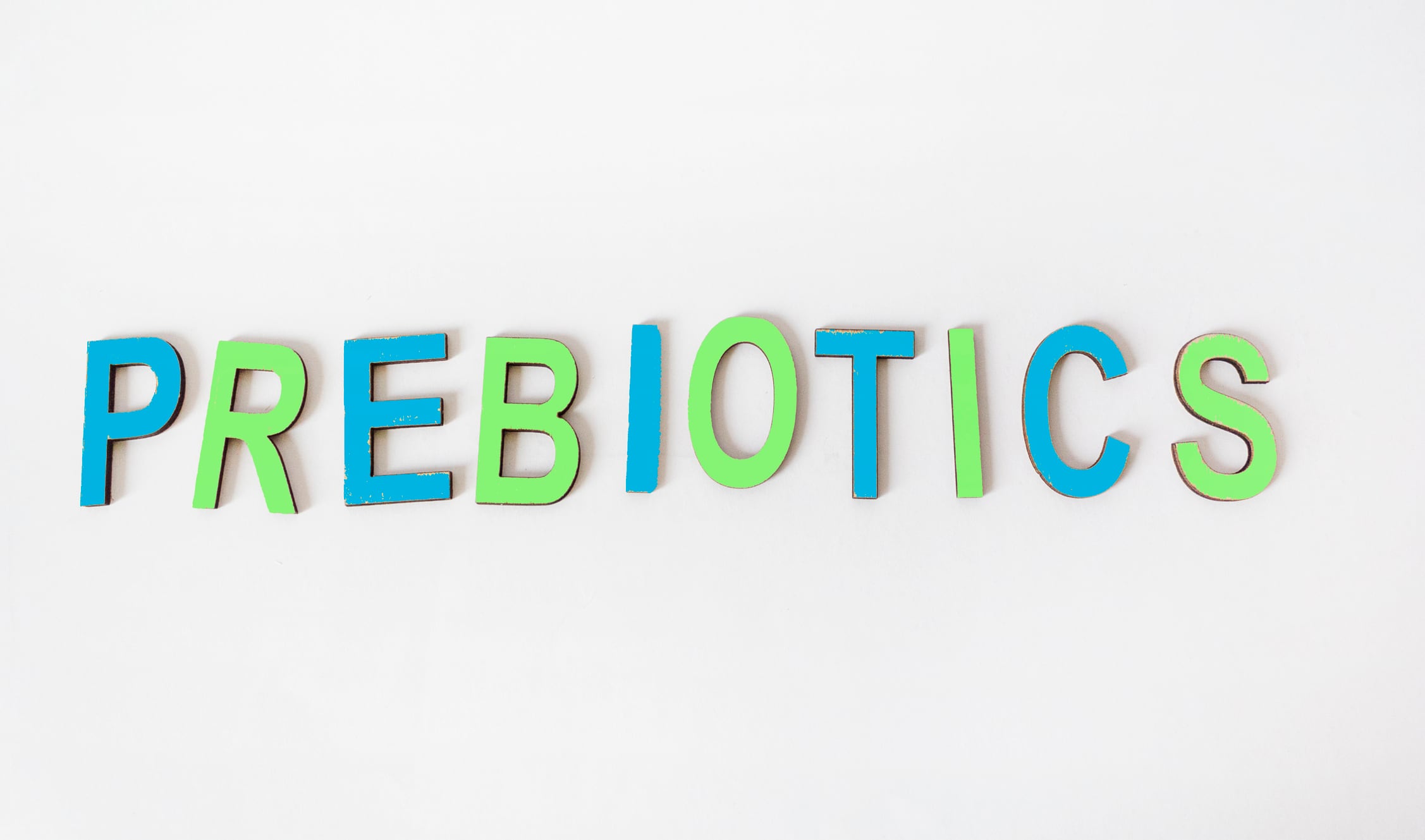Probiotics claiming to support mental health are increasingly common in the market but studies have shown that these products are varied in efficacy.
A group of researchers from The University of Auckland’s Department of Psychological Medicine have thus proposed the need for a grading system to help consumers make informed decisions when deciding whether to buy a probiotic for mental health.
Writing in the research journal Nutrition and Health, the researchers came up with the suggestion after analysing clinical studies that examined the efficacy of probiotics claiming to benefit mental health.
“Despite a surge in commentaries and reviews promoting probiotics for health and well-being and multiple pre-clinical studies demonstrating putative mechanisms, probiotic supplementation in human trials does not always result in observable changes in mental health and there are conflicting interpretations of the available research evidence,” they said, citing studies such as those from Le Morvan de Sequeira et al and Vasiliu.
“While some clinical trials demonstrate the positive benefits of probiotic consumption, other high-quality studies fail to find significant reductions in psychological symptoms.
“Heterogeneity in well-being outcome measured, analysis of biomarkers of disease in healthy participant populations, and diverse approaches to trial design and probiotic strain studied are some of the proffered reasons for variability in study results,” they added.
They also pointed to a burgeoning market for probiotics with mental health benefits, with forecasts estimating the market to be worth US$85bn by 2027, citing Statista.
However, the variability in such products' efficacy was further confirmed by their research, where they examined 14 probiotic products making mental health claims available in the New Zealand market.
Study method
Various strains are found in these products, including Lactobacillus acidophilus, Lactobacillus brevis, Bifidobacterium bifidum, and Bifidobacterium breve.
Examples of mental health claims made include “may help ease physical and psychological symptoms of stress”, “promotes emotional well-being & relaxation”, and “healthy mood balance through supporting the gut-brain connection”.
Aside from probiotics, some of these products also contain Ashwagandha, saffron, GABA, and fructo-oligosaccharides.
Based on the strains listed on the products, the researchers then searched for published clinical trials that studied the efficacy of these strains on mental health.
A total of 18 eligible clinical trial findings were found.
Of which, the combination of Lactobacillus helveticus Rosell-52® and Bifidobacterium longum Rosell-175® was most commonly studied, with a total of 10 clinical trials investigating this combination.
The remaining studies focused on Bifidobacterium longum 1714, Lactobacillus paracasei Lpc-37®, and Lactobacillus plantarum 299v®.
The intervention periods ranged from 14 days to 84 days, and dosages given varied across the probiotic strains used.
For example, all studies on Bifidobacterium longum 1714 had a dosage of 1 billion CFU, while all studies on Lactobacillus paracasei Lpc-37® tested a dosage between 1 and 2 billion CFU.
Effects of these probiotics on mental health were assessed using a combination of questionnaires, participants’ responses to stress-inducing situations as observed by researchers, or physiological biomarker assays of metabolites implicated in stress response and mood.
Efficacy varied depending on strains
As the most studied strains in this analysis, the combination of Lactobacillus helveticus Rosell-52® and Bifidobacterium longum Rosell-175 had shown significant improvements in psychological outcomes in four out of five (80 per cent) clinical trials.
In contrast, neither of the two studies examining Lactobacillus plantarum 299v® found significant group differences between the placebo and probiotic groups.
As for Bifidobacterium longum 1714. and Lactobacillus paracasei Lpc-37®, each of these two strains reported significant improvements in mental health in two out of three (66.7 per cent) clinical trials.
“Overall, studies that investigated L. helveticus Rosell-52® and B. longum Rosell-175® combined showed significant results in all three psychological outcomes of depression, with seven studies with significant results; anxiety, with two studies with significant results; and stress, with one study with significant results.
“For studies investigating L. paracasei Lpc-37®, B. longum 1714 or L. plantarum 299v®, significant findings were less common, being reported in one or two studies,“ said the researchers.
Clinically studied but not statistically significant outcomes
Based on their findings, the researchers pointed out that while most strains were clinically studied, not all strains have shown statistically significant results.
“Our findings are consistent with existing literature suggesting that while certain probiotics can be beneficial for mental health, not all strains are effective.”
The quantity of evidence was also highly variable across probiotic strains, with studies on the combination of L. helveticus Rosell-52® and B. longum Rosell-175® for mental health existing as early as 2011.
Clinical studies on B. longum 1714 and L. plantarum 299v® could be found from 2016, while the first study investigating L. paracasei Lpc-37 for mental health was published in 2020.
Limited GP knowledge on probiotics for mental health
Moreover, there has been limited knowledge among clinicians on the effects of probiotics on non-gastrointestinal conditions.
Citing a study by Van der Geest et al published in 2020, they pointed out that only 38 per cent of the general practitioners in Europe had ever recommended a probiotic for mental stress, although 80 per cent of them had recommended probiotics to a patient before - mostly for gastrointestinal discomfort.
Grading system could help consumers, healthcare practitioners
As such, the researchers have proposed that “The Gradings of Recommendations Assessment, Development and Evaluation system” could be developed by an expert interdisciplinary panel.
This could help the public and clinicians in their choice of probiotics for supporting mental health.
The panel could, for example, grade probiotics based on their efficacy as adjunctive therapies, or as stand-alone use. The PICO (population, intervention, comparison, outcomes) format could be used in this case to help develop the grading system.
This approach was previously applied to probiotics used for several gastrointestinal conditions including irritable bowel syndrome, ulcerative colitis, necrotizing enterocolitis and Crohn’s Disease.
“The amount and quality of evidence to support claims of mental health benefits made on probiotic products is variable.
”The results support the need for a grading system to facilitate informed consumer decision-making when choosing a probiotic supplement to support mental health,” the researchers concluded.





